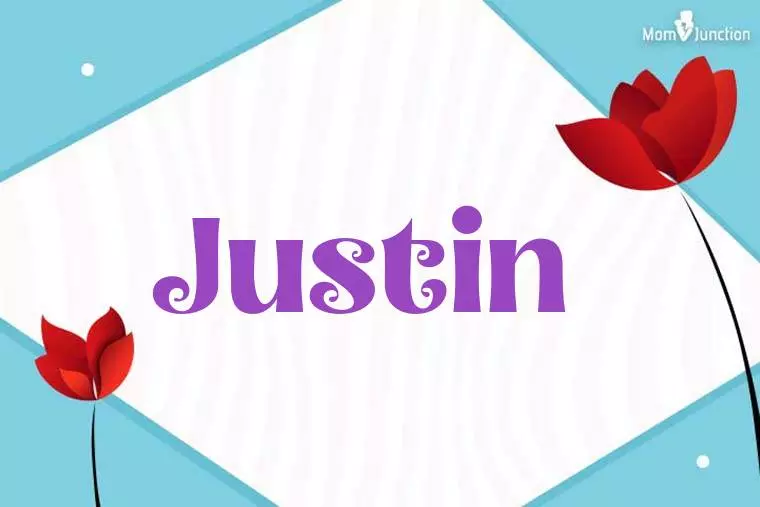
Thothub
Thothub emerged as one of the most notorious online platforms, infamous for its illicit distribution of adult content. Positioned at the intersection of voyeurism and digital piracy, Thothub operated in a nebulous space that exploited legal loopholes, ethical boundaries, and the vulnerabilities of content creators. This article delves into the intricate dynamics of Thothub, exploring the platform’s operational mechanics, user motivations, search phenomena, community guidelines, frequently asked questions, and other pertinent facets. The aim is to provide a discerning examination of Thothub’s impact on the digital ecosystem and its contentious legacy.
Understanding Thothub: A Deep Dive
Thothub was not just another adult content website; it was a complex network of anonymous users, predatory practices, and illicit activities that capitalized on the unauthorized dissemination of copyrighted material. The site allowed users to upload, view, and share explicit content, often obtained without the consent of the original creators. Predominantly, Thothub became synonymous with leaks of premium content from popular platforms like OnlyFans and Patreon, undermining the financial models that many creators relied upon.
The Anatomy of Thothub’s Operations
Thothub’s modus operandi was predicated on user anonymity, unregulated content distribution, and minimal oversight. It functioned as a pseudo-community where participants could post content with little to no accountability, making it a haven for those seeking to exploit copyrighted material. The site featured forums, threads, and a ranking system that incentivized the continuous upload of new content, perpetuating a cycle of piracy that proved highly lucrative for the site operators, albeit at the expense of creators’ rights and revenues.
People’s Interest: The Magnetism of Forbidden Access
The allure of Thothub was deeply rooted in human psychology—specifically the desire for forbidden access. The platform’s popularity was propelled by a combination of voyeuristic tendencies, the thrill of obtaining something illicit, and the appeal of circumventing paywalls. Users were drawn not only to the explicit nature of the content but also to the feeling of belonging to an exclusive community that operated outside the conventional norms of the internet.
Exploring User Psychographics
Thothub’s audience was diverse, encompassing individuals from various demographics who shared a common interest in adult content. However, the driving factors for engagement extended beyond mere consumption:
- Economic Incentives: Some users actively participated in the redistribution of content, leveraging Thothub to drive traffic to their own websites or social media channels, often monetizing the views through advertising or affiliate links.
- Digital Rebellion: Thothub appealed to users who saw themselves as part of a counter-culture movement against mainstream social media platforms and subscription services, positioning themselves in opposition to what they perceived as the commercialization of personal content.
- Community Belonging: The platform fostered a sense of community among like-minded individuals, creating spaces where users could engage in discussions, share tips on bypassing content protections, and collectively revel in the subversion of digital norms.
Search Trends and Popular Queries Related to Thothub
The search behaviors surrounding Thothub were emblematic of its pervasive influence within the online adult content sphere. Internet search engines frequently registered high volumes of traffic directed toward Thothub-related queries. These searches were not merely about finding specific content; they also reflected the broader digital culture of seeking out unauthorized, “forbidden” material. Here are some of the prevalent search trends:
- “Thothub download tutorial” – Users searched for guides on how to download content from the site without detection.
- “Thothub alternatives” – As the site faced legal challenges, users sought similar platforms that offered the same type of content.
- “How to bypass Thothub security” – Searches focused on circumventing any site-specific measures that were introduced to prevent unauthorized downloads.
- “Latest leaks Thothub” – Users were constantly on the lookout for new content updates, indicating the site’s dynamic and ever-evolving repository.
Rules and Regulations of Thothub: A Facade of Governance
While Thothub purported to have community guidelines, the enforcement of these rules was largely superficial. The site’s terms of service were often a veneer designed to provide a semblance of legitimacy, shielding it from immediate legal repercussions. Key rules included:
- Prohibition of Underage Content: Thothub explicitly banned the upload of content involving minors, though the effectiveness of this rule was questionable given the anonymous nature of the uploads.
- Copyright Notices: Despite the presence of DMCA takedown notices, the response times were slow, and content often reappeared shortly after removal.
- No Doxing: Users were warned against revealing personal information of creators, yet breaches of this rule were commonplace, further jeopardizing the privacy of content creators.
The Paradox of Regulation
The inherent contradiction of Thothub lay in its attempt to impose rules while simultaneously facilitating illegal activity. This paradox underscored the platform’s disingenuous approach to self-regulation, prioritizing traffic and engagement over ethical compliance.

Frequently Asked Questions (FAQs) About Thothub
- What was the main purpose of Thothub?
Thothub primarily functioned as a distribution hub for leaked adult content, often targeting subscription-based services where users could access content without compensating the creators. - Is using Thothub illegal?
Yes, accessing and distributing copyrighted or private content without permission is illegal and constitutes a breach of copyright laws in most jurisdictions. - What were the risks of using Thothub?
Beyond the legal ramifications, users risked exposure to malware, phishing scams, and potential blackmail, as the site’s unregulated nature attracted a myriad of cybercriminals. - What can be done to support content creators instead?
Supporting creators through legitimate platforms like OnlyFans, Patreon, or other subscription services ensures that they are compensated fairly for their work, helping to sustain their careers and protect their content.
Related Information and Broader Implications
The rise and fall of Thothub serve as a cautionary tale about the fragility of digital content ownership in the age of the internet. The platform’s operations exemplified how quickly personal and premium content can be commodified and exploited once it escapes the confines of its intended audience. Moreover, Thothub’s existence has fueled discussions on the need for stronger digital protections, enhanced legal frameworks, and greater public awareness around the ethical consumption of content.
While Thothub has been shut down, the landscape it helped shape continues to evolve. New sites with similar purposes emerge frequently, perpetuating the cycle of exploitation. For creators, the challenge remains: to protect their work in an era where digital piracy is not just a threat but an ongoing battle. For users, the lesson is clear: behind every leaked video or photo is a creator whose privacy and livelihood are at stake. The digital world’s true cos is often borne by those who create, not just those who consume.
Conclusion
Thothub’s legacy is one of controversy, ethical dilemmas, and the stark reminder of the internet’s darker undercurrents. While the site may no longer be operational, its impact continues to resonate, highlighting the need for a more secure and respectful digital landscape. By understanding platforms like Thothub, we gain insight into the complexities of digital content sharing, the importance of supporting creators, and the ongoing fight against piracy. Let us strive for a digital environment that respects creators’ rights and upholds the integrity of their work.


